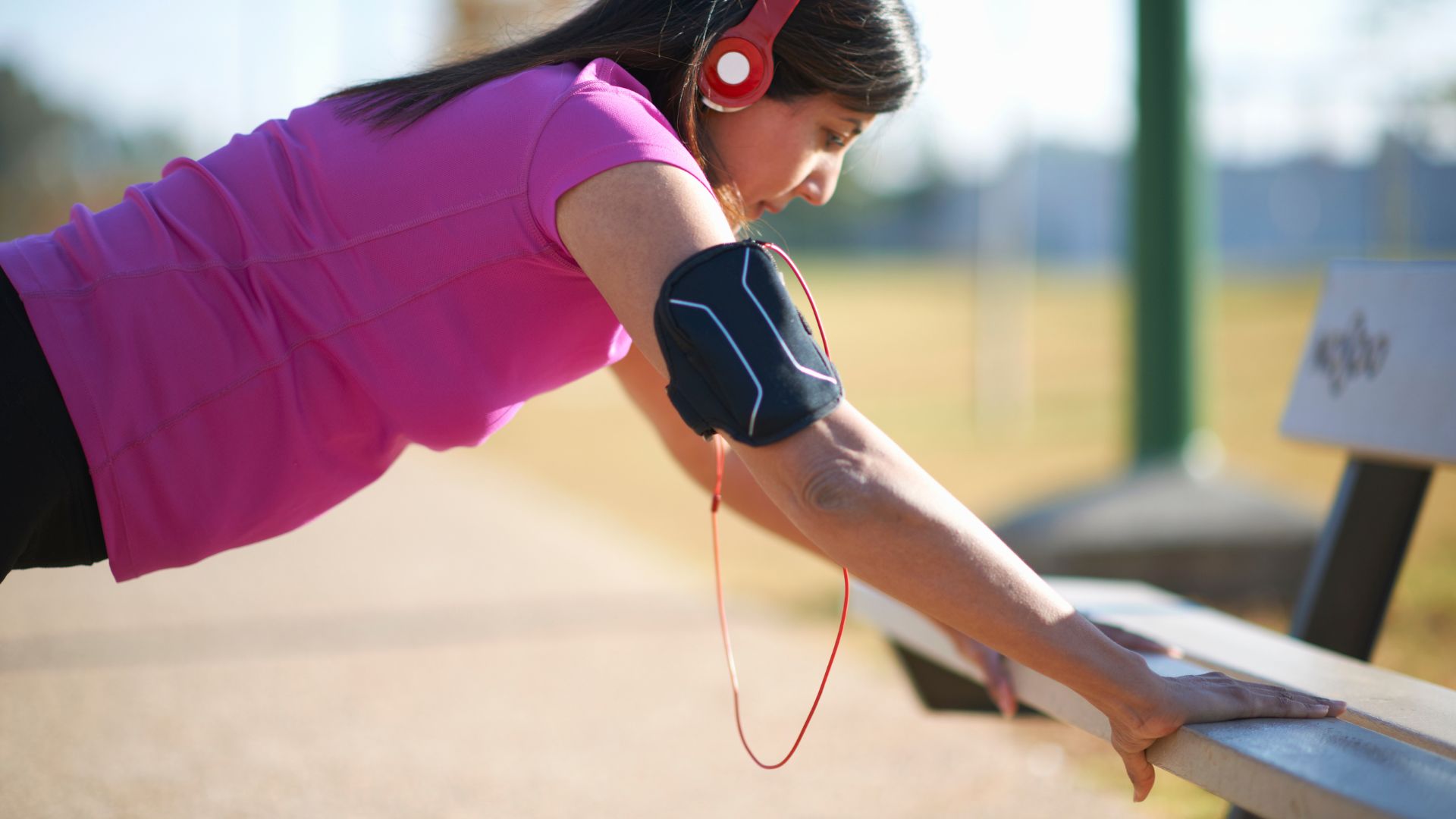
We know that exercising regularly helps us live longer - especially if we opt for one of the best exercises for longevity, which include cardio exercise, weight training, and mobility exercises. But in a time-poor world, few of us get the chance to tick off the recommended amount.
This new study, published as a preprint before publication, has suggested that time may not be an issue for those who are totally new to exercise. All you need is one minute a day of quick movement to see a significant uptick in life expectancy over six years.
Researchers from the University of Sydney reviewed 3,293 American adults with an average age of 51 from the 2011-2014 National Health and Nutrition Examination Survey (NHANES) who did no structured exercise.
The authors wanted to see if "vigorous intermittent physical activity (VILPA) throughout the day could count towards proper physical activity.
The VILPA stints included carrying heavy loads, "active" playing with children, and walking up a steep hill.
Participants wore fitness trackers to see how these short bursts of activity affected their health, and researchers found that the group who did 1.1 minutes of vigorous activity per day lowered their risk of dying prematurely over the next six years by 38%. This was in comparison to those who did no exercise at all.
Some of the exercise stints were even shorter than this - 10 seconds in some cases - but they were still found to have a positive impact on the body.
Sign up to our free daily email for the latest royal and entertainment news, interesting opinion, expert advice on styling and beauty trends, and no-nonsense guides to the health and wellness questions you want answered.
What is vigorous intensity exercise?
Vigorous exercise is an activity where you're out of breath and your heart rate is high. You should only be able to say a couple of words without pausing for breath.
Activities classed as 'vigorous' include running, hiking, stair climbing, skipping, and tennis. It could also include fast-paced cycling and swimming workouts.
Around the house, vigorous-intensity exercise could look like dancing, running up the stairs, gardening at speed or with some difficulty, or chores like cleaning. You could also invest in a weighted vest for walking around the house, which adds weight and makes movements like stair climbing harder.
One way to work out whether you're hitting this zone is to wear a fitness tracker, says the author of the new study, University of Sydney's Professor Emmanuel Stamatakis. He said: "Wrist-worn trackers are good for capturing mostly ‘ambulatory’ movement-based activities, like walking, but they’ll also capture vigorous gardening and quite a few other things."
Is 1 minute of exercise actually enough?
If you do not exercise at all, doing just one minute of exercise every day may have a seriously positive impact on your lifespan. The authors said that it could be "biologically feasible, particularly given this study examines a population of highly inactive and overweight individuals."
Other studies also support the idea that even a little exercise can have a significant impact. A UK-based study published last year found that just 3.4 minutes of vigorous exercise could cut the risk of a stroke and heart attacks by about 45% in women who didn't exercise regularly.
Picking up on the study earlier this week, ITV's doctor Dr Hilary Jones told Lorraine viewers that just one minute "does you good". "It raises your heart rate, it reduces unhealthy blood fats, it gets your breathing exercises going. Anything is better than nothing."
However, the starting point for those new to exercise should be a few minutes a day, to settle into a routine and build some fitness. It's not an end goal. The NHS recommends 75 minutes of vigorous-intensity exercise each week, or 150 minutes of moderate-intensity exercise, which includes lighter activities such as walking.
A note on this study
Neither of these studies included details about other aspects of the participants’ lifestyles, such as whether they smoked or drank alcohol, their genetics or whether they had a sedentary or more active job. These are factors that would also influence life expectancy.
The studies do show that there are quick ways to improve your health, however. So, if structured exercise programmes aren't for you, or you're having a busy end to the year, it's a reminder that every little bit of exercise helps contribute to a healthy body.
If you’re new to exercising, speak to a personal trainer and your GP first to make sure your regime is tailored to your individual needs and health.

Kat Storr has been a digital journalist for over 15 years after starting her career at Sky News, where she covered everything from world events to royal babies and celebrity deaths. After going freelance eight years ago, she now focuses on women's health and fitness content, writing across a range of UK publications.
From perimenopause to the latest fitness trends, Kat loves researching and writing about it all. She's happy to give any fitness challenge a go and speaks to experts about wellbeing issues affecting people every day.
You must confirm your public display name before commenting
Please logout and then login again, you will then be prompted to enter your display name.
